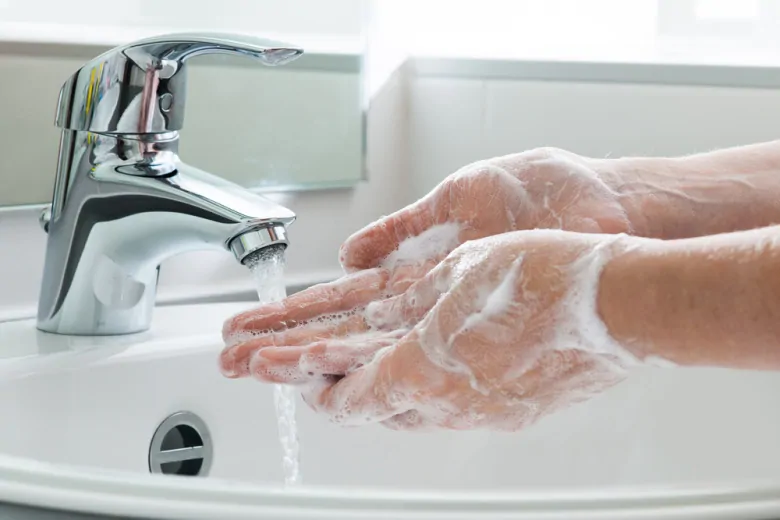Canadian doctor Bruce Aylward led the World Health Organization’s COVID-19 mission to China. He joined Duncan McCue to answer listeners’ questions about the novel coronavirus for Checkup’s Ask Me Anything segment.

Listen38:33
Each week, Cross Country Checkup devotes the last half hour to an interview with a high-profile newsmaker, celebrity, thinker or cultural figure who takes calls from listeners.
Dr. Bruce Aylward, senior adviser to the World Health Organization’s director general, led the WHO’s COVID-19 mission to China.
Based in Geneva, he’s originally from St. John’s, N.L.
He joined WHO in 1992 after completing his medical training at Memorial University, the London School of Hygiene and Tropical Medicine and the Johns Hopkins School of Public Health.
He joined Duncan McCue to answer listeners’ questions about the novel coronavirus for Checkup’s Ask Me Anything segment. Here are some of his responses.
How can people protect themselves from COVID-19?
Aylward told McCue that the most important steps people can take to protect themselves from COVID-19 generally fall under the usual best practices for personal hygiene.
Those include washing your hands regularly and covering your mouth when you cough or sneeze.
Aylward said regular use of hand sanitizer is a good — sometimes better — alternative to washing your hands, especially when your only option is a public washroom.

“Washing your hands with soap and water is complex. You go into the bathrooms and [you’re] touching, you know, all sorts of things. So hand sanitizer in the pocket is often the easiest thing,” he told McCue.
Third, he advised Canadians to learn what symptoms are possibly indicative of COVID-19 — including fever and dry cough — and which aren’t, so they know when to ask a doctor for advice and when not to.
“It’s not a cold. It’s not a runny nose. It’s not a sore throat. Those are relatively rare symptoms

